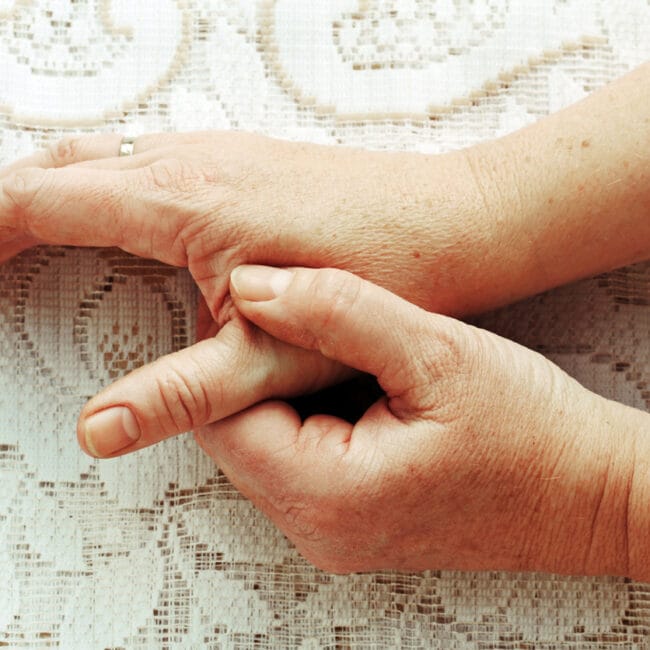Chartered Physiotherapist, Caitriona Newham discusses the potential rehabilitation process for individuals who have the disorder Bell’s Palsy, which is also known as Facial Weakness.
What Is Bell’s Palsy?
Bell’s Palsy is a fairly common disorder that affects nerves and muscles in the face causing paralysis or drooping of one side of the face.It affects patients of any age and either gender. The symptoms arise following irritation to the facial nerve (7th cranial nerve) that supplies the muscles of the face. These include the muscles that raise your eyebrows, close your eyes, wrinkle your nose, help your smile and to open and close your mouth. The nerve also supplies the sensation to the front of the tongue, the sweat glands of the face and the tear ducts of the eye.
The cause of irritation is often unknown but may be due to a viral infection, circulatory problems or trauma, all of which may create inflammation around the nerve. A large percentage of patients with Bell’s Palsy fully recover. Improvement may be rapid or it may take several months. Physiotherapy advice and education can speed up your recovery.
Possible Signs and symptoms of Bell’s Palsy
Facial drooping on the affected half
Difficulty with closing one eye or finding it hard to blink
Drooling from the mouth
Excessive tearing or dryness of the eye
Altered sensation on the side of the face
Headaches
Impairment of taste
Impaired speech
Dizziness
Dull ache behind the ear and around the jaw
Difficulty eating and drinking
Treatment of Bell’s Palsy
Steroids have been shown to be effective
Eye protection drops, patch and eye lid weights (available on prescription)
Physiotherapy treatment for Bell’s Palsy may consist of facial massage, exercises, acupuncture and electrical stimulation
Self help advice
You should take care when eating not to bite the inside of your cheek or lip.
Check that your cheek and gums are free of food after eating
Try use both sides of your mouth to chew food thus encouraging the muscles on the affected side to work
Sometimes your speech may be affected. You may find giving your mouth a little extra support from your hand while you talk will ease this at times
If the muscles around your eye are affected you should take particular care to remove dust from your eye. You can imitate blinking by gently closing your eye with your finger tips
Glasses may be useful to protect against dust particles when you are outdoors
You may need artificial teardrops to cleanse your eye
Before you start your physiotherapy prescribed exercises…
It is a good idea to stimulate the muscles around your cheek, lips and tongue by using an ice cube wrapped in a small damp cloth. Stroke the ice cube from your lips across your cheek to your ear. Then remove the cloth and stroke the inside of your cheek, your lips and tongue.
The ice should help reduce the inflammation surrounding the facial nerve which may be responsible for the loss of nerve impulse conduction leading to facial weakness.
At The Physio Company we can assess, treat and monitor your condition from the acute onset of Bell’s Palsy through the various stages of recovery. Our Physiotherapists will aim to restore facial muscle strength and symmetry, and help to stimulate facial nerve and maintain muscle tone.
You are invited to book a session in with one of our physiotherapists at The Physio Company for Bell ’s Palsy rehabilitation exercises and advice.
Caitriona Newham works in our clinic in Temple Bar in Dublin 2. Outside the clinic Caitriona loves being active and keeping fit. Her hobbies include running, exercise classes and weight training. Caitriona’s aim is to help her clients return to full physical function and to achieve their own personal goals.
Caitriona Specialises in Musculoskeletal injuries, sports injuries,acupuncture, Pilates rehab, sports and deep tissue massage, post op rehab. Low back and neck pain, chronic pain, rehabilitation, vestibular rehab, respiratory.
For further reading and advice, check out our Injury Hub which provides more information on bells palsy treatment










